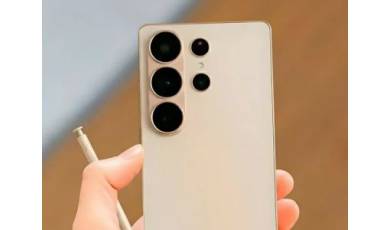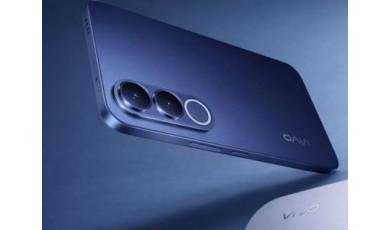Nobby 240C specs.
Mobiles >> Nobby >> Nobby 240C| Specifications | Reviews | Secret codes |

Basic Spec Nobby 240C
RAM: Random Access Memory
Random Access Memory
32 Mb
Built-in memory:
32 Mb
Memory card slot:
yes, SIM-card compatable
Multi SIM mode:
alternate
SIM-card amount:
2
Design Nobby 240C
Case type:
clamshell
Case material:
plastic
Display Nobby 240C
Screen Size: This diagonal display size is usually measured in inches.
This diagonal display size is usually measured in inches.
2.4"
Screen type:
colored
Screen Size: This diagonal display size is usually measured in inches.
This diagonal display size is usually measured in inches.
320x240
Number of pixels per inch (PPI):
167
Camera Nobby 240C
Resolution of the main camera:
false
The number of main cameras:
1
Flash:
absent
Connectivity Nobby 240C
Standard:
GSM 900, 1800
Interfaces:
Bluetooth 2.1
Internet access:
none
Multimedia Nobby 240C
Audio:
FM-radio
Tune type:
polyphony
Vibrocall:
yes
Notepad and organizer Nobby 240C
Organizer:
alarm clock
Other functions Nobby 240C
Flashlight:
yes
Battery Nobby 240C
Battery capacity:
800 mA⋅h
Comments, Questions and Answers about Nobby 240C
Ask a question about Nobby 240C




